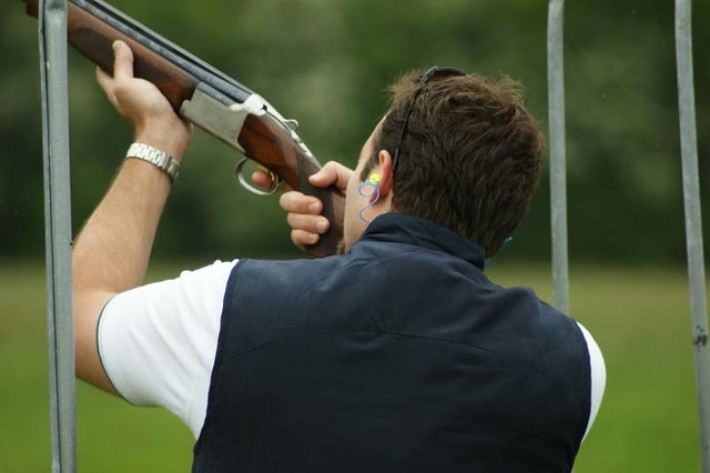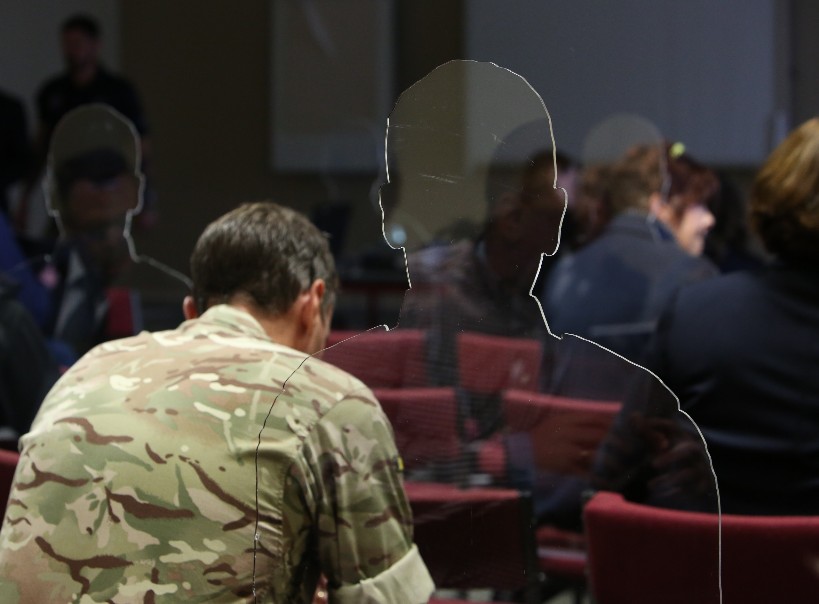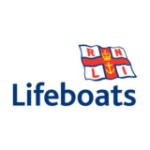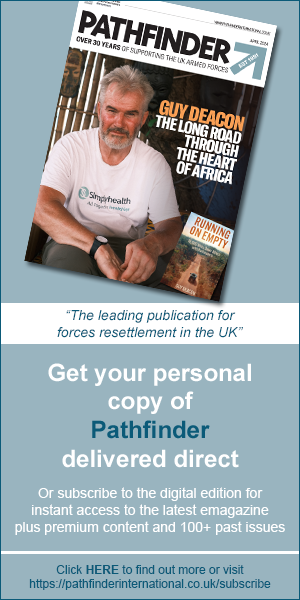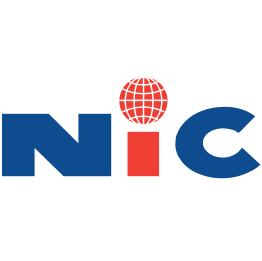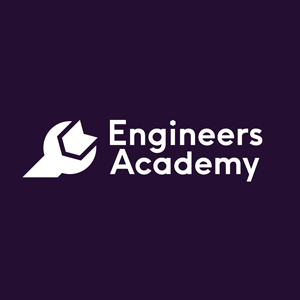Access to Higher Education for Service leavers and their families need to be improved to ensure they have the best possible chance of establishing successful civilian careers, suggests a new report by Bath Spa University and the Forces in Mind Trust…
Whilst the majority of Service leavers return successfully into civilian life without too many challenges, there are some who need support to enable them to achieve fulfilling careers within the civilian sector.
The Access to Higher Education Diploma (Access Course) is a well-established course, generally delivered locally through Further Education Institutions and provides a non-traditional route into Higher Education. Helping Service Leavers, ex-Service personnel and their spouses to engage with it, supports the whole family’s transition from their Service to civilian life.
The research was commissioned because recurrent, anecdotal evidence from the project’s partner Access Validating Agency, Ascentis, showed a decline in the number of Access course students with a Service background in South West England, a region that hosts c.25% of Britain’s Armed Forces.
The report identifies a number of opportunities to improve the journey to and through Access courses for students, particularly for those from the lower ranks of the Army and for Service spouses from all three Armed Service backgrounds. It offers recommendations for both civilian and military-facing organisations to consider.
Among its findings, the report highlights that:
- Improvements are needed to the quality and provision of Information, Advice and Guidance relating to Access to Higher Education Diplomas to the general population, not just those connected with the Armed Services;
- An increase in take-up of Access to Higher Education Diplomas by those who have Served in the Armed Forces is more about the provision of aspirational, informed Career Information Advice and Guidance, than about the structures within which it is delivered; and
- Provision of a bespoke package of resettlement support for Service spouses would help them into fulfilling civilian careers, it would improve their take-up of Access to Higher Education Diplomas and would act as an acknowledgement of the career sacrifices that many make whilst supporting the military careers of their partners.
This research has been led by Dr Mel Macer, Research Fellow at Bath Spa University’s Institute for Education, and was principally funded by the Forces in Mind Trust, with additional funding from Ascentis and Help for Heroes.
Ray Lock CBE, Chief Executive of FiMT, says: “Employment is one of the most important factors leading to successful transition from military to civilian lives: it enables economic well-being, which in turn contributes to personal health and well-being, housing and positive relationships. Whilst the Services already do invest a considerable amount in learning, inevitably there will be gaps at transition relating to a lack of direct transferability, or simply not having had the opportunity to fulfil an individual’s learning potential.
"The solutions are neither complex, nor are they costly. I therefore lay down a challenge to everyone involved in Access to Higher Education Diplomas: identify what you can do to improve the take up, and then just do it.”
Dr Macer says: “I hope this report will raise awareness about the opportunity that Access to Higher Education Diplomas offer those with a Service background, particularly for Service Leavers from the lower ranks of the Army and for Service spouses from across the three Services and that the recommendations it contains will serve to highlight how their journeys can be better supported, for the benefit of both individuals and their families.”
Ronnie Allen, Head of Career Recovery at Help for Heroes, said: “At Help for Heroes, we are committed to providing the very best support for life to those who have been affected by their military service. Leaving the military as a result of injury or illness can be especially difficult. There are a number of unique and daunting challenges facing our wounded, injured and sick Armed Forces community as they attempt to forge a new life for themselves as a civilian.
"Often, they find themselves without relevant qualifications for their chosen career outside of the military and that is why access to Higher Education for service leavers needs to be as smooth as possible. We are delighted that the report identifies opportunities to improve the Higher Education journey for service leavers and their spouses.”

